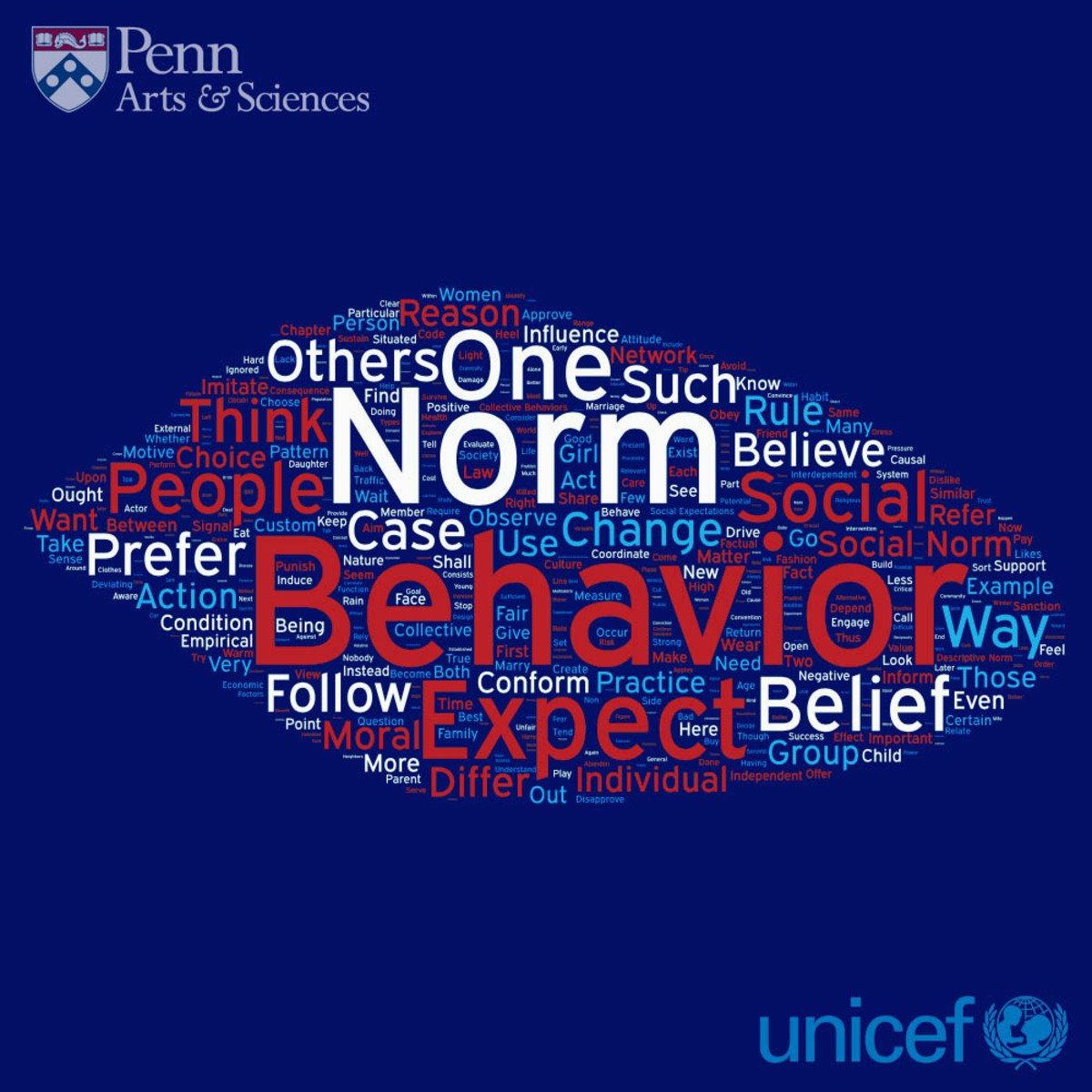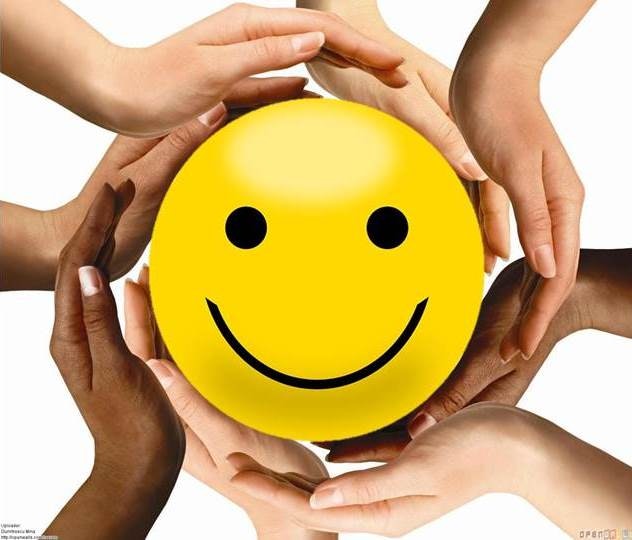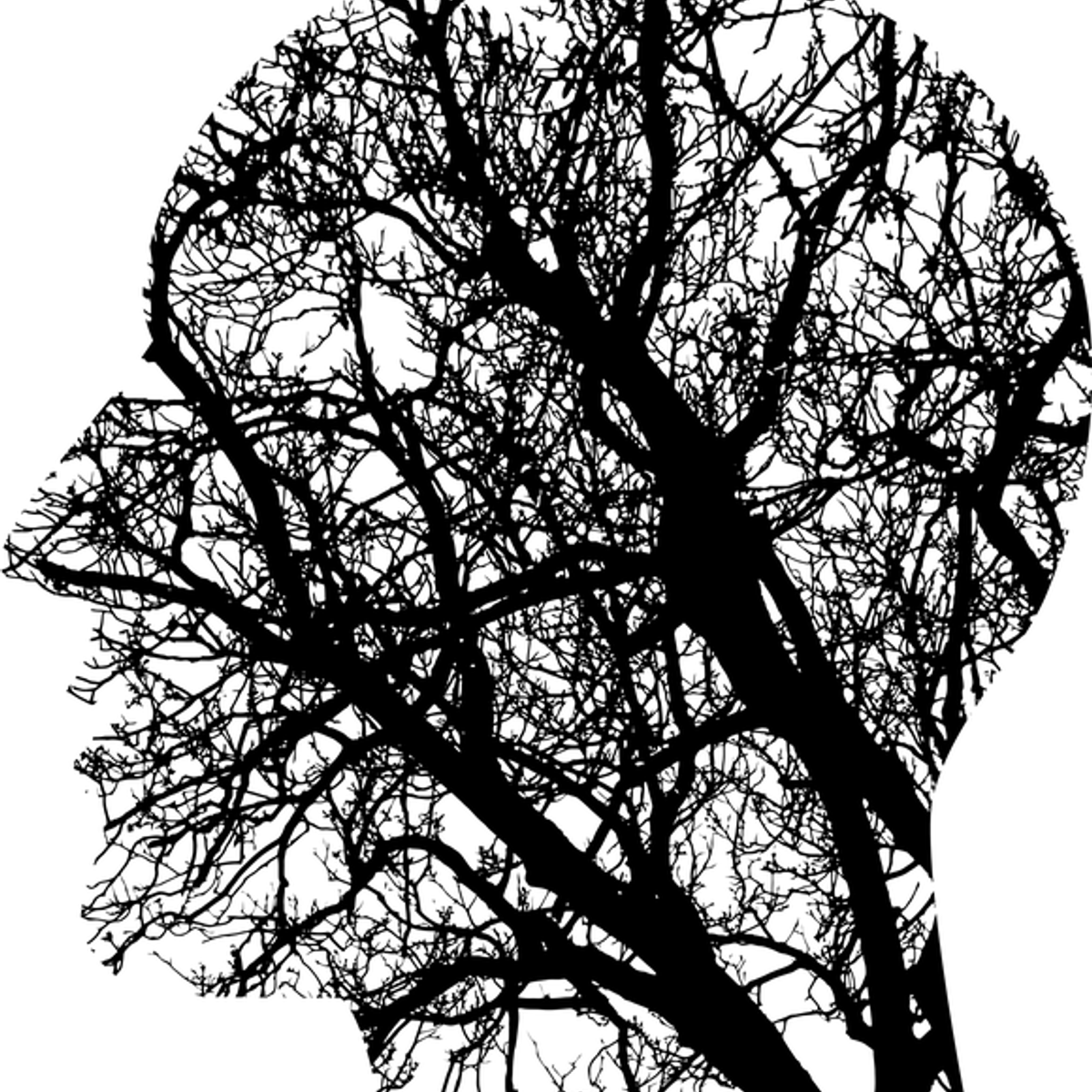Back to Courses









Psychology Courses - Page 3
Showing results 21-30 of 77

Understanding child development: from synapse to society
In this course, we dive into the topic of child development. You will learn that child development is complex and is influenced by a surprisingly rich number of factors at many different levels of organization. You will see that development can be studied in various domains and at various levels of understanding, from different angles and disciplines. Importantly, you will come to understand that processes within and between the various domains and levels of organization continuously interact to shape development. This implies that understanding development requires taking an interdisciplinary approach.
In order to help you organize your thinking about this complexity you will learn more about the developmental systems approach and theories related to that. We will look, amongst other things, at the brain and motor development, cognitive, language and social-emotional development and all the factors that have an influence on development.
To illustrate how an interdisciplinary approach helps to understand child development you will see how researchers from various disciplines and backgrounds study child development at Utrecht University. These scientists will give a look in their field of knowledge and their collaboration with colleagues, to illustrate how the theory you will learn translates to practice.
In sum, we invite you to follow us on a journey to understand child development from synapse to society!

Philosophy and the Sciences: Introduction to the Philosophy of Cognitive Sciences
Course Description
What is our role in the universe as human agents capable of knowledge? What makes us intelligent cognitive agents seemingly endowed with consciousness?
This is the second part of the course 'Philosophy and the Sciences', dedicated to Philosophy of the Cognitive Sciences. Scientific research across the cognitive sciences has raised pressing questions for philosophers. The goal of this course is to introduce you to some of the main areas and topics at the key juncture between philosophy and the cognitive sciences.
Each week we will introduce you to some of these important questions at the forefront of scientific research. We will explain the science behind each topic in a simple, non-technical way, while also addressing the philosophical and conceptual questions arising from it. Areas you’ll learn about will include:
Philosophy of psychology, among whose issues we will cover the evolution of the human mind and the nature of consciousness.
Philosophy of neurosciences, where we’ll consider the nature of human cognition and the relation between mind, machines, and the environment.
Learning objectives
Gain a fairly well-rounded view on selected areas and topics at the intersection of philosophy and the sciences
Understand some key questions, and conceptual problems arising in the cognitive sciences.
Develop critical skills to evaluate and assess these problems.
Suggested Readings
To accompany 'Philosophy and the Sciences', we are pleased to announce a tie-in book from Routledge entitled 'Philosophy and the Sciences for Everyone'. This course companion to the 'Philosophy and the Sciences' course was written by the Edinburgh Philosophy and the Sciences team expressly with the needs of MOOC students in mind. 'Philosophy and the Sciences for Everyone' contains clear and user-friendly chapters, chapter summaries, glossary, study questions, suggestions for further reading and guides to online resources.
Please note, this companion book is optional - all the resources needed to complete the course are available freely and listed on the course site.
Positive Psychology: Martin E. P. Seligman’s Visionary Science
Dr. Martin E.P. Seligman—renowned worldwide as the “father of Positive Psychology”—has led visionary leaps in the scientific research, empirical data and personal understandings of human flourishing. This course explores the past, present and future of positive psychology as a journey through the key scientific leaps led by Dr. Seligman and his colleagues at the University of Pennsylvania's Positive Psychology Center and Master of Applied Positive Psychology program.
There are no prerequisites.

Social Norms, Social Change II
This course is Part 2 of the Social Norms, Social Change series. In this course, we will examine social change, the tools we may use to enact change, and put into practice all we have learned in Part 1. See Social Norms, Social Change Part I at this link: https://coursera.org/learn/norms
This course covers scripts and schemas, the cognitive structures in which social expectations are embedded, and their relationship with social norms. The course then examines the essentials of norm abandonment, including the relations between personal beliefs and social expectations. We will also evaluate existing intervention strategies, including legal reforms, information campaigns, economic incentives, and group deliberations. Finally, we look at a variety of tools policy makers may use to effect change, highlight the role of trendsetters in social change, and explore the conditions under which they can be successful. The course is a joint Penn-UNICEF project."
Please see the following link for a 30% discount on the book that accompanies this course:
https://global.oup.com/academic/product/9780190622053/?cc=us&lang=en&promocode=AAFLYG6

A Life of Happiness and Fulfillment
What are the determinants of a happy and fulfilling life?
This is surely one of life’s biggest questions, and a question that has interested many of our ancestors. Buddha famously gave up his kingdom in search of happiness. Several Greek philosophers (from Aristotle to Epicurus and Plato to Socrates) had their own views on what it takes to be happy. And of course, we all have our own theories about happiness too.
How valid are our theories?
Until recently, if you wished for an answer to this question, you would've been forced to base it on discussions with spiritual leaders. Or, if you were lucky, you could've based it on late-night (and perhaps intoxicant-fueled) conversations with friends and family. Happily, all that has changed now. Over the past decade-and-a-half, scientists have gotten into the act big time. We now have a pretty good idea of what it takes to lead a happy and fulfilling life.
This course, based on the award-winning class offered both at the Indian School of Business and at the McCombs School of Business at The University of Texas at Austin, developed by Prof. Raj Raghunathan (aka "Dr. Happy-smarts") draws content from a variety of fields, including psychology, neuroscience, and behavioral decision theory to offer a tested and practical recipe for leading a life of happiness and fulfillment.
Although not mandatory, reading Prof. Raj's forthcoming book, titled If you're so smart, why aren't you happy? can help you review and assimilate the material covered in this book at your leisure.
For Coursera learners alone, the hardcover version of the book is available for a deep discount of 50%, plus shipping and handling. You can order the hardcover for 50% off by writing to Aaron at: Aaron@800ceoread.com. Please mention that you are a student of the "coursera happiness course" in your email.
The course will feature guest appearances by several well-known thought leaders, including:
- Dan Ariely (author of Predictably Irrational and, soon to be released, Irrationally Yours),
- Ed Diener (“Dr. Happiness”),
- Mihaly Csikszentmihalyi (author of Flow),
By taking this course, you will discover the answers to questions such as:
- Why aren’t the smart-and-the-successful as happy as they could—or should—be
- What are the “7 Deadly Happiness Sins” that even the smart and the successful commit?, and
- What are the “7 Habits of the Highly Happy” and how can you implement them in your life?
By the end of the course, I expect students who have been diligent with the lectures and exercises to not just gain a deeper understanding of the science of happiness, but to also be significantly happier.
Positive Psychology: Resilience Skills
Learn how to incorporate resilience interventions into your personal and professional life with Dr. Karen Reivich. In this course, you are exposed to the foundational research in resilience, including protective factors such as mental agility and optimism. Several types of resilience interventions are explored including cognitive strategies; strategies to manage anxiety and increase positive emotions such as gratitude; and a critical relationship enhancement skill. Throughout the course, you will hear examples of individuals using resilience skills in their personal and professional lives. Suggested prerequisites: Positive Psychology: Martin E. P. Seligman’s Visionary Science, Positive Psychology: Applications and Interventions and Positive Psychology: Character, Grit & Research Methods.

Creating Behavioral Change
In this course you will learn about understanding and changing mental and physical health behavior. We will examine both the historical context and the current science. Major topics will include fundamental behavioral principles and basic elements of empirically supported individual treatments (e.g., motivational interviewing, cognitive behavioral therapies). Lectures and examples will illustrate both the theory and the practice of evidence-based approaches to behavior change. You will engage in a course-long behavior change experiment as well as brief quizzes. Please note: this course is designed to introduce you to a range of contemporary approaches to behavioral treatments; however, it will not provide the skills needed to implement psychological interventions with others (this requires years of graduate training) nor is it designed to address or resolve your own psychological problems.
For each module, students will complete 1 assignment related to their personal behavior change project and 1 quiz on the week’s material.

Positive Psychology
This course discusses research findings in the field of positive psychology, conducted by Barbara Fredrickson and her colleagues. It also features practical applications of this science that you can put to use immediately to help you live a full and meaningful life.

Soul Beliefs: Causes and Consequences - Unit 3: How Does It All End?
Throughout history, the vast majority of people around the globe have believed they have, however defined, a “soul.” While the question of whether the soul exists cannot be answered by science, what we can study are the causes and consequences of various beliefs about the soul and its prospects of surviving the death of the body. Why are soul and afterlife beliefs so common in human history? Are there adaptive advantages to assuming souls exist? Are there brain structures that have been shaped by environmental pressures that provide the foundation of body/mind dualism that is such a prominent feature of many religions? How do these beliefs shape the worldviews of different cultures and our collective lives? What is the role of competing afterlife beliefs in religion, science, politics, and war? This course explores several facets of this relatively unexplored but profoundly important aspect of human thought and behavior.
The course consists mainly of 70 to 80 minute lectures, typically broken up into 3 segments, recorded from a course offered by Rutgers University School of Arts and Sciences. These videos include slides and some embedded video clips. Most lectures are accompanied by slides used during the lecture, also including recommended reading assignment which may provide additional opportunities to reflect on your studies.
Due to the lengthiness of this class and natural progression, the online course has been separated into 3 units, this is Unit 3.

Introduction to Psychology
What are people most afraid of? What do our dreams mean? Are we natural-born racists? What makes us happy? What are the causes and cures of mental illness? This course tries to answer these questions and many others, providing a comprehensive overview of the scientific study of thought and behavior. It explores topics such as perception, communication, learning, memory, decision-making, persuasion, emotions, and social behavior. We will look at how these aspects of the mind develop in children, how they differ across people, how they are wired-up in the brain, and how they break down due to illness and injury.
Popular Internships and Jobs by Categories
Find Jobs & Internships
Browse
© 2024 BoostGrad | All rights reserved